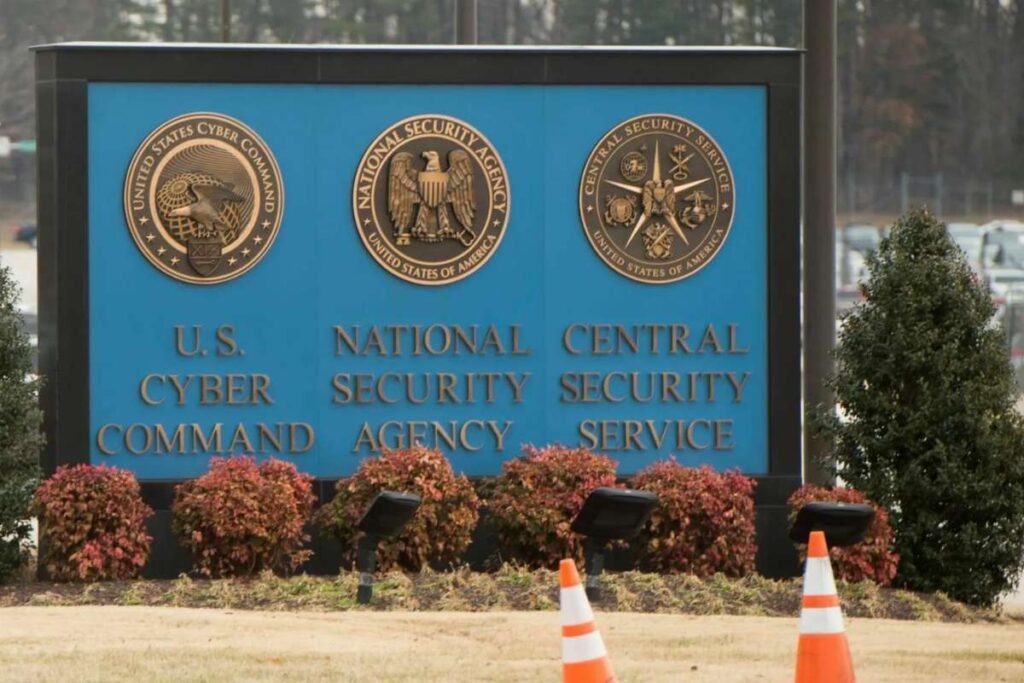(Source-Megan VarnerGetty Images)
Biden’s Budget Proposal Seeks $13 Billion for Cybersecurity Initiatives
Biden’s budget proposal is making significant strides in fortifying the nation’s cybersecurity defenses, as outlined in the White House’s fiscal 2025 budget overview released today. Under this proposal, a staggering $13 billion is earmarked for cybersecurity funding across various civilian departments and agencies. This marks a substantial increase compared to the $11.8 billion allocated for civilian agency cybersecurity spending in fiscal 2024 and the $11.3 billion expended in fiscal 2023, according to the White House’s analysis of IT and cybersecurity spending.
Despite earlier plans for $12.7 billion in federal cybersecurity spending for fiscal 2024, the lack of a new budget midway through the fiscal year has hampered these efforts. As a result, agencies have been operating under a continuing resolution while awaiting the finalization of spending bills. Looking ahead to fiscal 2025, the White House has directed agencies to prioritize investments in cutting-edge technologies such as “secure by design” frameworks, zero trust architectures, and the modernization of legacy systems.
Focus on Cybersecurity Agency Funding and Initiatives
The proposed budget for fiscal 2025 includes a substantial allocation of $3 billion for the Cybersecurity and Infrastructure Security Agency (CISA), representing a $103 million increase from its current budget. Within this allocation, $1.7 billion is designated for cybersecurity programs, with $394 million dedicated to the Joint Collaborative Environment (JCE) program. This program facilitates the synthesis of cyber threat and vulnerability data across federal, state, local, and private sector entities.
Moreover, CISA’s budget proposal includes $469.8 million for the Continuous Diagnostics and Mitigation (CDM) program. This funding aims to bolster mobile and cloud asset deployments, enhance identity and access management capabilities, and align with agency zero-trust use cases. Additionally, plans are underway to implement the Cyber Incident Reporting for Critical Infrastructure Act (CIRCIA), with $116 million allocated for staffing, program updates, and technological enhancements in preparation for this initiative.
Expanding Cybersecurity Measures Across Federal Departments
Beyond CISA, the proposed budget allocates $25 million for the Justice Department and FBI’s cyber and counterintelligence investigative capabilities. The Department of Health and Human Services (HHS) is slated to receive substantial funding for cybersecurity initiatives, including $800 million to support hospitals in implementing essential cybersecurity practices and $500 million for incentivizing advanced cybersecurity investments across all hospitals.
Furthermore, the budget emphasizes the enhancement of public service cybersecurity, with plans to empower the Department of Agriculture to address cyber vulnerabilities and improve web-based services. Agencies are also advancing their zero trust strategies, with the Treasury Department allocating $150 million for cybersecurity enhancements, particularly in implementing zero trust architectures.
Additionally, in alignment with the President’s executive order on artificial intelligence, the 2025 Biden’s budget proposal includes significant AI-related spending intersecting with cybersecurity. This includes a $455 million allocation for the Energy Department’s AI and cybersecurity efforts, aiming to bolster energy and national security resilience. Moreover, $5 million is earmarked for DHS to establish an office dedicated to coordinating AI use, promoting innovation, and managing associated risks, aligning with the administration’s broader cybersecurity objectives.
With these substantial investments and initiatives, the Biden administration aims to bolster the nation’s cybersecurity posture and ensure resilience against evolving cyber threats in the digital age.






